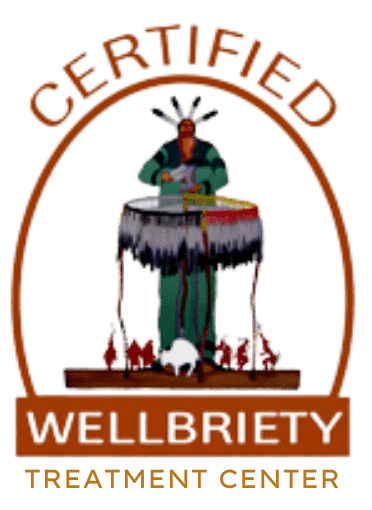Opioid Treatment
What are Opiates?
Opiates are drugs such as heroin that are derived from morphine; opioids, like prescription drugs oxycodone, hydrocodone, codeine, fentanyl and morphine, mimic the effects of naturally-derived opiates. Illegally manufactured fentanyl (IMF) is an opioid that is lethal in very small doses. All are highly addictive drugs that bind to opioid receptors in the brain to induce a pleasurable sensation. Opiate use impacts even basic physiological functioning (heart rate, breathing, and sleeping patterns).

America’s opioid epidemic is a public health concern, with over 115 people dying every day of opioid overdose (National Institute on Drug Abuse). Rates of opioid overdose have been rising for years, and over 33,000 Americans overdosed and died in 2015 (NIDA).
Over two million Americans aged 18-25 have reported misusing opiates in the last year alone and in 2016 (NIDA). Opiates are among the most potent and habit-forming narcotics and have serious psychological and physiological effects when abused.
Withdrawing from opioids without medical assistance is risky, as symptoms can be quite severe. Our medication-assisted opioid detoxification is accompanied by daily therapy and followed by extensive aftercare.
The short-term effects of opioid use may include:
- Fatigue
- Paranoia
- Depression
- Nausea
The long-term effects of opioid use may include:
- Nausea and vomiting
- Pain in abdomen
- Opioid-induced constipation (OIC)
- Damage to the brain and liver
- Tolerance and dependence
Should I seek treatment for opioid addiction?
Signs of an opioid problem may include:
- “Doctor shopping” to obtain multiple prescriptions
- Snorting, injecting, or otherwise taking prescription opioids not as intended
- Prioritizing/planning around obtaining and/or using opiates
- Exhibiting high-risk behaviors
- Disinterest in other activities
- Using opiates in spite of negative effects
- Symptoms of withdrawal and/or cravings
If you recognize any of these signs in yourself or others, you or someone you know may have an opioid problem and require medical help to safely detox.
Opioid withdrawal symptoms generally begin somewhere around six hours after the last dose, peak in severity around the 72-hour mark, and last about one week.
Opioid withdrawal symptoms may include (NIDA):
- Depression
- Stomach cramping
- Severe pain in bones and muscles
- Insomnia or restlessness
- Diarrhea and vomiting
- Cold sweats and goosebumps
- Leg spasms (“kicking” the habit)
- Severe cravings
What happens after medical detox?
Change your life with one call.
We can help.







